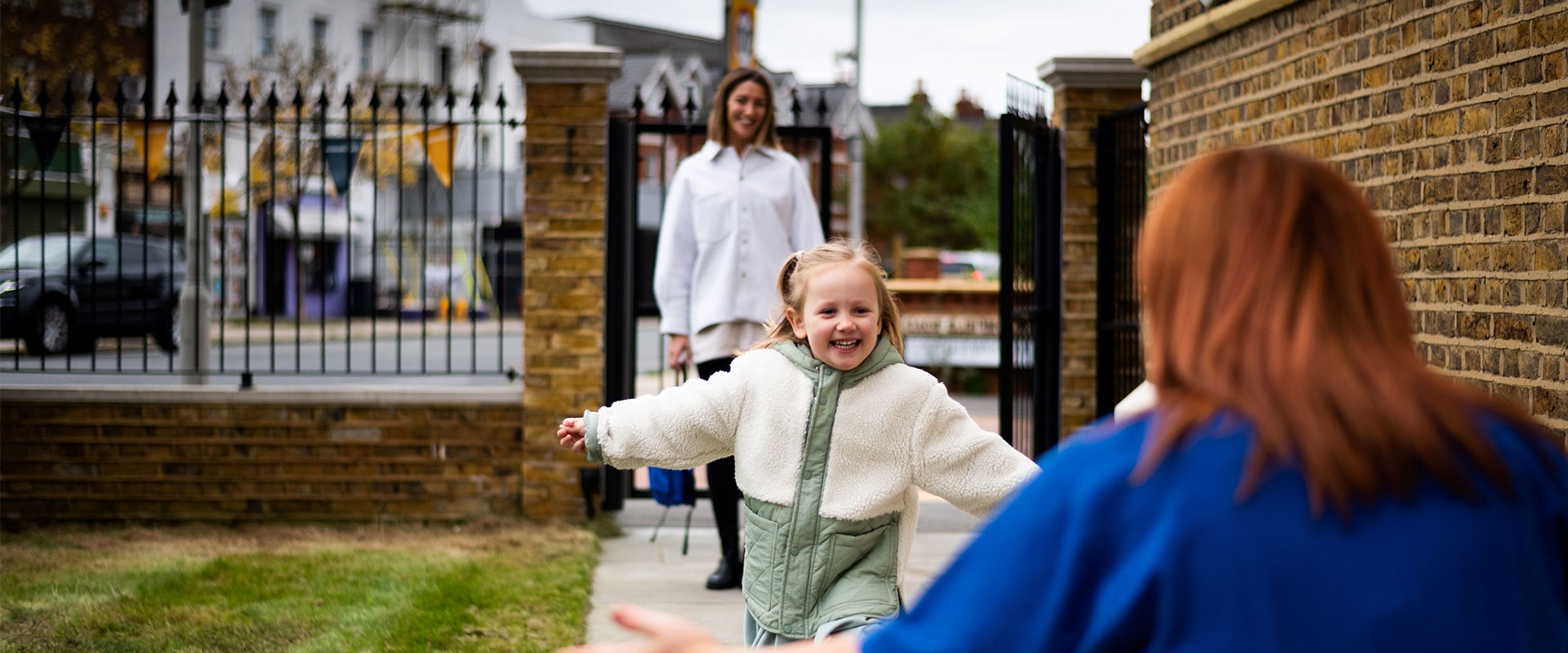Bright Horizons highlights the Impact of its Nurture Approach at World Forum

Early Years experts from Bright Horizons are presenting at the World Forum on Early Care and Education, to share the findings of their research into the impact of its Nurture Model on practitioner behaviours.
Following five months of training in the Nurture Model, key impacts on practitioners’ knowledge and practice of key concepts around emotional development and wellbeing included:
- 125% increase in practitioners consistently role modelling good self-regulation skills from 40% to 90% post implementation.
- 153% increase in practitioners recognising when colleagues may need help and felt able to step in and support respectfully from 36% to 91%.
- 170% increase in Nursery Managers and leaders’ ability to describe the impact that staff wellbeing has on children’s development from 27% to 73%.
- 50% increase in good and excellent practice evidencing key people spend time getting to know children’s parents/carers.
- 40% more pre-school practitioners demonstrated good practice in supporting the children’s development of empathy.
- 47% increase in staff consistently providing language to name emotions and a 35% increase of practitioners feeling ‘very confident’ to describe self-regulation.
Caroline Wright, Director of Early Childhood and Ann Stubbs, Head of Pedagogical Research and Development from the childcare and education provider will be attending the World Forum for Early Childhood Education, which runs from April 16 to 19, in Vancouver, British Columbia, Canada.
Caroline Wright, Director of Early Childhood at Bright Horizons, explains: “Through this latest research we took a deeper look at 15 of our settings across England and Scotland. In particular, we wanted to explore the depth of practitioner knowledge and understanding of key concepts associated with the neuroscience behind emotional development and wellbeing in very young children. We’ve tried to pinpoint how practitioners implement new learning into their practice and also whether they are able to use what they’ve learned to influence others, including colleagues and parents/carers.
“We are committed to providing the conditions for children to develop emotional health, a clear sense of identity and self-worth, the ability to recognise and manage emotions, so that they can learn, play, enjoy friendships and relationships, and deal with difficulties. To fully complement our curriculum, we’ve identified through research and practice that there is a need to provide practitioners with a greater depth of knowledge and understanding about wellbeing, and the associated concepts of early brain development, emotional development, co-regulation and self-regulation, due to a deficit in current qualifications for early childhood practitioners, and we will continue to do this.”
These latest research findings are key for Bright Horizons to continue to shape its Nurture Model, which is a professional development programme, created by Bright Horizons in the UK in partnership with clinical psychologist, Dr Sarah Mundy. Supporting children’s holistic wellbeing and development is the focus of the programme.
Key elements of the programme that launched last year include:
- child development
- neuroscience
- helping adults to understand the impact of their role in supporting children’s emotional wellbeing through building strong, supporting relationships.
The Nurture Model is currently split into five modules of learning. Each block considers the key developmental needs of the child and how to identify healthy emotional development and indicators of wellbeing.
More information about Bright Horizons and its unique approach can be found here.





